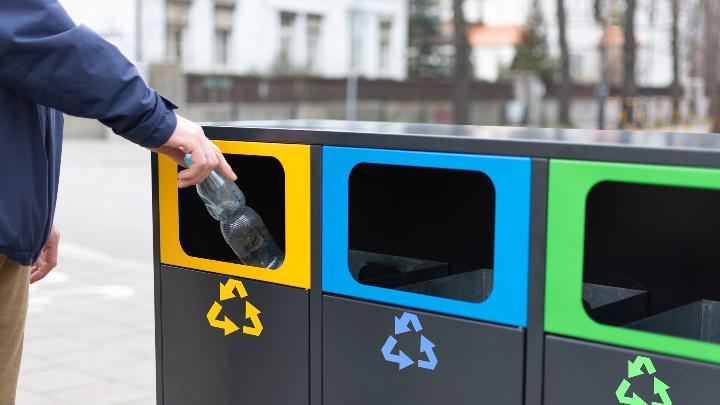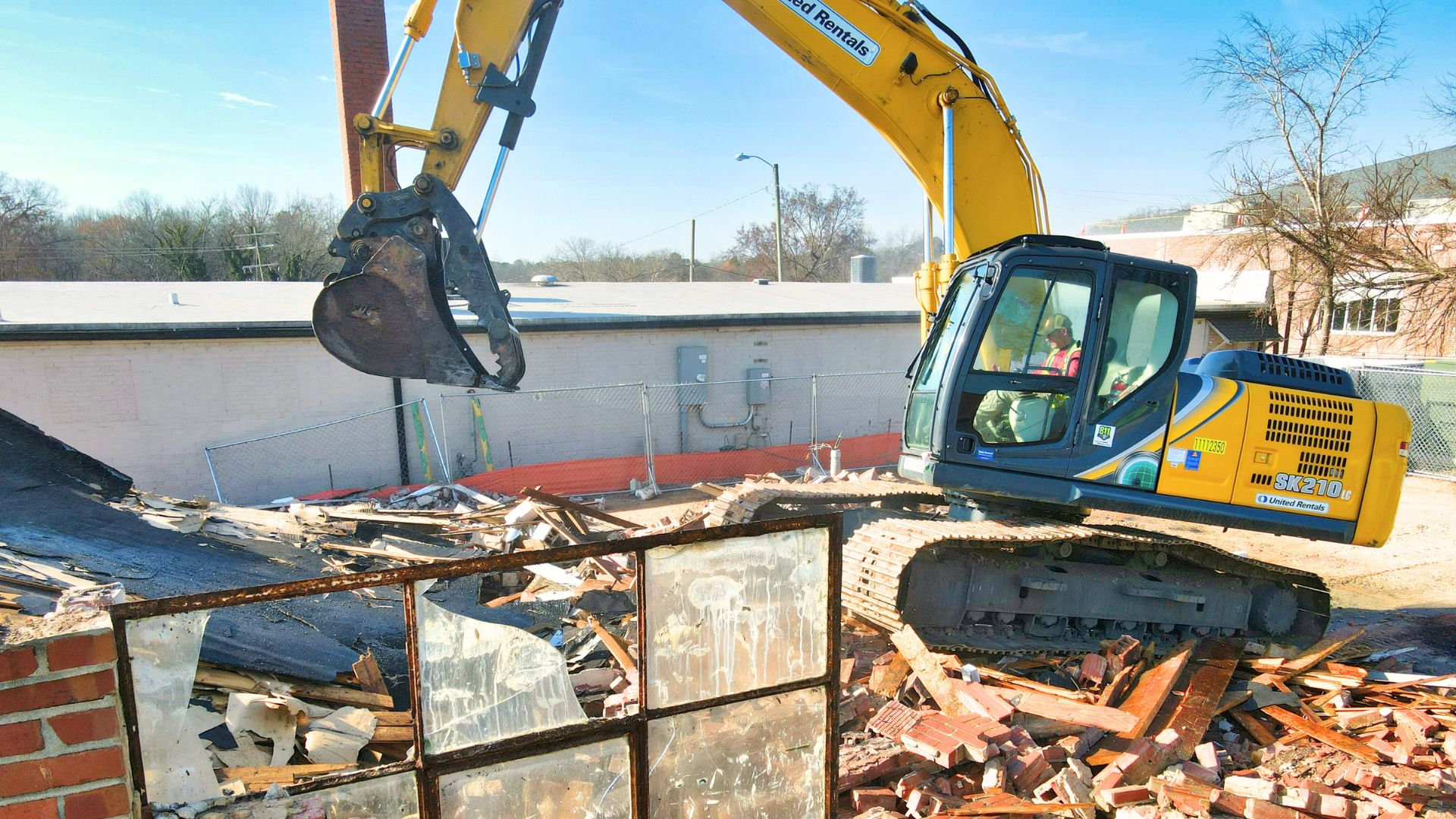Have you ever wondered how much waste is produced in the UK and how much is recycled?
The environmental footprint determines how dependent we are on natural resources. Understanding how much waste we make and recycle helps us learn more about it. Here, we’ll look at various waste stream statistics, from household waste to construction debris. Plus, an overview highlighting why every action towards sustainable waste management matters.
UK’s Waste and Recycling Statistics (2021)
The UK aimed to recycle 50% of household waste by 2020. However, as per the new data from the Department for the Environment, Food & Rural Affairs (Defra), it fell short of this target. Instead, the recycling rate dropped slightly from 45.5% in 2019 to 44.4% in 2020.
In 2021, the UK recycling rate for Waste from Households (WfH) increased a little to 44.6% compared to 2020. This includes the Incinerator Bottom Ash metal (IBAm), which is the leftover material from the burning of waste in an incinerator. When waste is burned, it leaves behind ash, and IBAm is the metal part of that ash.

In the latest set of data of FCC Environment as of writthe ing of this article, recycling rates for WfH saw improvement across all UK nations except Northern Ireland. Here’s a breakdown for each region on their recycling rate:
- England: 44.1%
- Northern Ireland: 48.4%
- Scotland: 41.7%
- Wales: 56.7%
Northern Ireland saw a decrease, whereas the other nations saw improvements. When it comes to biodegradable waste, the amount of UK Biodegradable Municipal Waste (BMW) sent to landfill increased to 6.8 million tonnes in 2021, up from 6.1 million tonnes in 2020. This suggests a negative trend in managing bio-waste.
For Commercial and Industrial Waste (C&I), it’s estimated that C&I produced about 40.4 billion tonnes of waste in 2021. England was responsible for the majority of this waste, around 84%. In 2018, the entire UK produced 222.2 million tonnes of waste, with England accounting for 84%, approximately 187.3 million tonnes. Recent estimates for England alone suggest that C&I waste generation was about 33.9 million tonnes in 2021.
The most recent data from 2021 confirms that the UK’s recycling rate has been relatively stable, remaining around 45%-mark since 2015.
Construction Industry Waste Report
In the UK, construction, demolition, and excavation (CD&E) activities create the most waste, making up 62% of all waste in 2018. This totaled about 138 million metric tons. Meanwhile, households contributed 12% of the total waste generated during that year.
Breaking down the figures:
- In 2018, the total waste generated in the UK amounted to 222 million tonnes.
- Of this, 138 million tonnes were attributed to construction, demolition, and excavation activities.
- Within this category, 68 million tonnes (50%) constituted construction and demolition waste, with 63 million tonnes (92%) being recovered, typically through downcycling.
- Excavation waste accounted for 58 million tonnes (42%), with 29 million tonnes (44%) being recovered.
- Dredging spoil contributed 11 million tonnes (8%), of which 11 million tonnes (98%) were recovered.
Additionally, 5 million tonnes of CD waste, 29 million tonnes of excavation waste, and 11,500 tonnes of dredging spoil were sent to landfills.

The construction sector plays a big role in society. It’s responsible for building many homes, roads, and other infrastructures. Yet, it’s also accountable for the 62% of the UK’s waste. This means that nearly two-thirds of all waste produced in the UK originates from construction activities. A considerable portion of this waste, approximately 62%, ends up in landfills. This highlights the need for improved waste management practices within the industry.
Every Effort Towards Sustainable Waste Management Counts
Poor waste management slows down sustainability efforts. To help the environment, it’s important to support the circular economy, which aims to minimise waste and make the most of resources.
A great example is the Blue Cycle Recycling Scheme ™ by SP Group, which focuses on making the construction industry a greener place. This scheme specifically targets recycling used plastics, such as corrugated plastic sheets. It makes it easier for businesses to participate in responsible waste management practices. By supporting initiatives like this, they can show their commitment to sustainability and help lessen the impact of construction waste on it.
It’s important to be mindful of how we handle waste from households, construction sites, and everyday life. Efforts should be made to recycle and find new ways to utilise waste whenever possible.
For inquiries on the Blue Cycle Recycling Scheme, contact our team at marketing@s-pgroup.com or call +44 28 9442 8611.